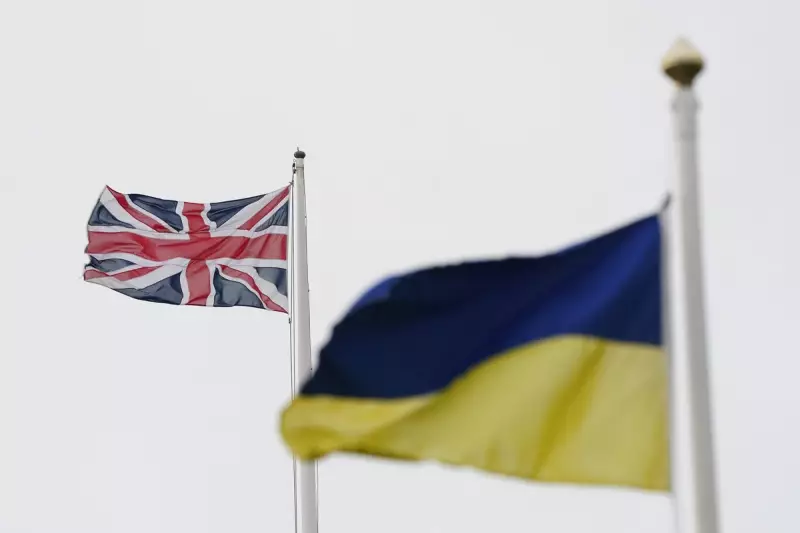
In a striking intervention on global security, Labour leader Sir Keir Starmer has issued a sobering warning that a potential return of Donald Trump to the White House could dramatically strengthen Vladimir Putin's hand in the ongoing Ukraine conflict.
Speaking with profound concern, Sir Keir emphasised that Western nations must urgently fortify their collective defence capabilities to prepare for a possible shift in US foreign policy under a second Trump administration. His comments highlight growing anxiety in European capitals about the sustainability of international support for Ukraine.
A Call for European Defence Consolidation
The Opposition Leader stressed that the United Kingdom cannot afford to be complacent about its security arrangements. "We need to make sure that in the UK we've got a strong defence, that we pursue a better Brexit deal, that we build alliances with European partners," Starmer stated, pointing to the necessity of reinforced European cooperation regardless of American political developments.
His warning comes amid increasing uncertainty about continued US military aid to Ukraine should Trump secure victory in the upcoming presidential election. The former president has previously expressed admiration for Putin and suggested he could settle the war within 24 hours, raising concerns about potential concessions at Ukraine's expense.
Government's Strategic Positioning
While not directly criticising the current Conservative government's approach, Starmer's remarks serve as both a warning and a strategic recommendation. He advocates for strengthening bilateral and multilateral defence agreements within Europe to create a more resilient security architecture that can withstand potential transatlantic political shifts.
This position reflects broader discussions within NATO and EU defence circles about the need for European nations to take greater responsibility for their own security, particularly in light of Trump's previous criticisms of the alliance and demands for increased defence spending from member states.
The Labour leader's intervention marks a significant moment in the UK's foreign policy discourse, positioning national security and European cooperation as critical issues that transcend traditional party politics amid evolving global threats.





